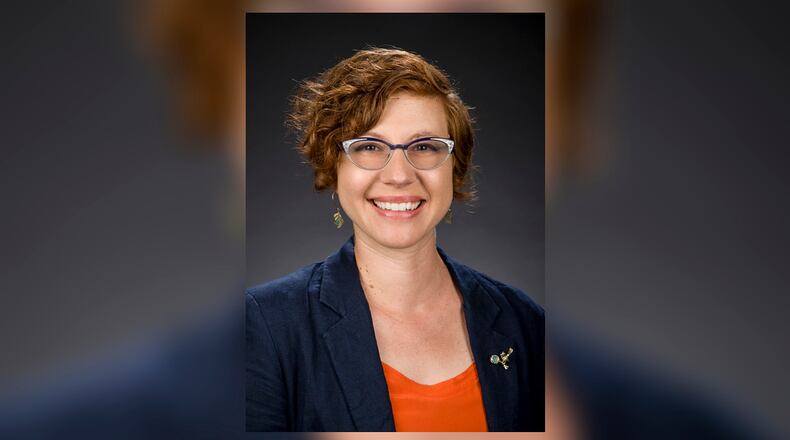SB1 also threatens access to good jobs by attacking the power of unions to negotiate fair working conditions and terms of employment by prohibiting negotiation on key issues and our right to hold employers accountable. SB1 is a direct assault on Ohio’s 641,000 union members, who represent about 12.5% of the state’s workforce. The bill’s anti-worker approach is at odds with Ohioan’s need for favorable work that supports employees and their families.
SB1 is fiscally irresponsible. Its mandates will cost Ohioan’s more through unfunded, redundant bureaucracy, such as upending existing annual faculty review procedures to add, or substitute, new resource-intensive ones. In sum, SB1 policies will add administrative expense while threatening revenues as exclusionary institutions fail to retain and graduate students at current rates. SB1 will cost our schools and thus our students. Prohibitions against providing basic workforce competencies and fundamental rights to fair working conditions will cost us all. SB1 is bad business.
It’s also bad governance. SB1 undermines the freedom of inquiry, autonomy, and individual growth it claims to promote. The bill adds a mandatory course to already-full college degree requirements, reducing students’ choice in how to spend their time and money. Politicians without training in content or assessment want to seize power to assign these, reducing instructor autonomy and demonstrating an unprecedented overreach of politicians into the academic freedom of educational and content area experts. I understand that the sponsors of this legislation do not trust that expertise or professional experience providing developmental opportunities for critical reasoning and personal expression. But the reality is that right now there is no state law or institutional policy preventing students from expressing any viewpoint or choosing from a menu of courses offering different perspectives and topics. This legislation will change the educational policy of the state from one of neutrality to one of political intervention, from freedom to censorship. The bill imposes political limitations on speech and reduces Ohio citizens’ choice over the education they pay for.
SB1 is a revival of SB83 from last year. SB83 didn’t pass because of overwhelming opposition by voters - students, educators, and union workers chief among them. The politicians pushing this bill are not listening to the public. They are not collaborating with the constituents impacted by their policy. We know diverse, inclusive schools with good working conditions benefit all. Ohioans need legislation, and legislators, that unite us behind shared values and pathways toward greater prosperity. SB1 does not. If you agree, let your state representatives know.
Jessica Penwell Barnett is the Secretary of the WSU Chapter of AAUP. She has been a professor since 2014.
About the Author
